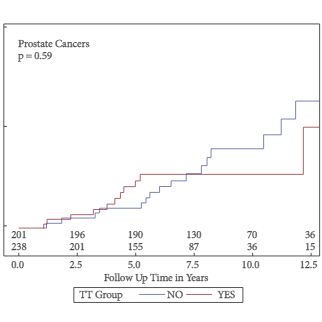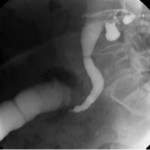Article of the Week: Testosterone Therapy and Cancer Risk
Every week the Editor-in-Chief selects the Article of the Week from the current issue of BJUI. The abstract is reproduced below and you can click on the button to read the full article, which is freely available to all readers for at least 30 days from the time of this post.
In addition to the article itself, there is an accompanying editorial written by a prominent member of the urological community. This blog is intended to provoke comment and discussion and we invite you to use the comment tools at the bottom of each post to join the conversation.
Finally, the third post under the Article of the Week heading on the homepage will consist of additional material or media. This week we feature a video from Dr. Michael discussing his paper.
If you only have time to read one article this week, it should be this one.
Testosterone Therapy and Cancer Risk
OBJECTIVE
To determine if testosterone therapy (TT) status modifies a man’s risk of cancer.
PATIENTS AND METHODS
The Urology clinic hormone database was queried for all men with a serum testosterone level and charts examined to determine TT status. Patient records were linked to the Texas Cancer Registry to determine the incidence of cancer. Men accrued time at risk from the date of initiating TT or the first office visit for men not on TT. Standardised incidence rates and time to event analysis were performed.
RESULTS
In all, 247 men were on TT and 211 did not use testosterone. In all, 47 men developed cancer, 27 (12.8%) were not on TT and 20 (8.1%) on TT. There was no significant difference in the risk of cancer incidence based on TT (hazard ratio [HR] 1.0, 95% confidence interval [CI] 0.57–1.9; P = 1.8). There was no difference in prostate cancer risk based on TT status (HR 1.2, 95% CI 0.54–2.50).
CONCLUSION
There was no change in cancer risk overall, or prostate cancer risk specifically, for men aged >40 years using long-term TT.



